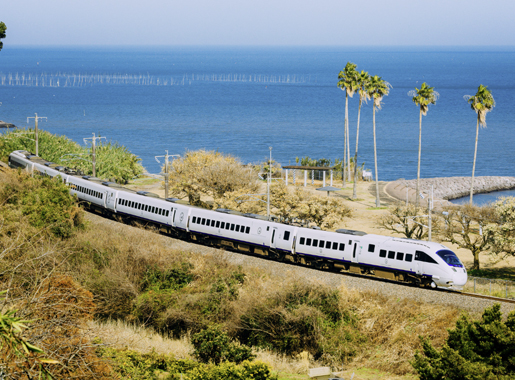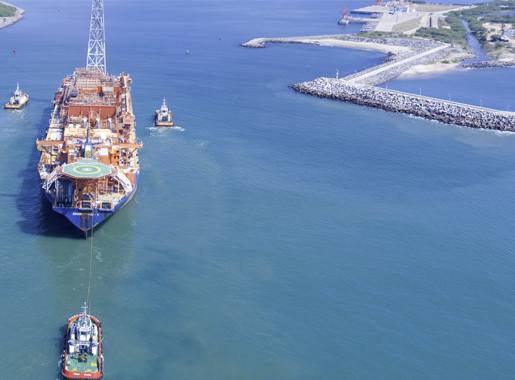We Design Public Private Partnerships
LEARN MORE

We advocate to realize Public Private Partnerships in the asian region with the aim of being the leading PPP consultancy firm.

Our Services
Asian Public Private Partnerships
Asian PPP projects demonstrate collaborative success between governments and private entities, fostering innovation and sustainable development across diverse sectors, driving socio-economic progress in the region. These initiatives combine the strengths of public resources with private expertise, catalyzing infrastructural growth reflecting the region's commitment to leverage shared resources for robust economic growth and improved public services. Notable examples include India's National Highway Development Program & Smart Cities Mission, Philippines' Build-Operate-Transfer initiatives; where private entities collaborate with the government to enhance and expand the country's road network; Singapore's Changi Airport, a world-class facility developed through a successful partnership between the government and private stakeholders and Japan's Maglev Train project, fostering collaborative initiatives for sustainable development and innovation across various sectors. Sri Lanka alone has a PPP portfolio of over 100 projects ($4 billions++)
 National Highway Development Program - India
National Highway Development Program - IndiaIndian National Highway Development Program aims to enhance and expand India's road network for improved connectivity and economic growth through Public Private Partnerships.
 Public Utilities Board’s Desalination Plant - Singapore
Public Utilities Board’s Desalination Plant - SingaporeThis desalination plant is PUB’s pioneering PPP project and is designed, built and operated by SingSpring (Pte) Ltd.
 Maglev Train Project - Japan
Japanese Maglev Train project aims to revolutionize high-speed transportation enhancing magnetic levitation technology through Public Private Partnership.
Maglev Train Project - Japan
Japanese Maglev Train project aims to revolutionize high-speed transportation enhancing magnetic levitation technology through Public Private Partnership.
Asia’s infrastructure requirements today are estimated at over $1.7 trillion a year until at least 2030. There is a huge gap between the financing that is required and what governments can afford to pay from their own budgets.
When I go around the world and look at competitor countries, particularly in Asia, they all have strategies. We don’t have an overarching strategy, what we have is piecemeal support.
PPPs are now fully considered as a mechanism to deliver results under the United Nations 2030 Agenda. We don’t have an overarching strategy, what we have is piecemeal support.
Public funds are limited, infrastructure development competes with other spending priorities, hence, shortage of its supply. Government partners with the private sector to fill this gap. The public–private partnership...
To use PPPs wisely governments should (1) develop and implement clear rules for their use; (2) identify, quantify, and disclose PPP risks and expected costs; and (3) reform budget and government accounting...




















